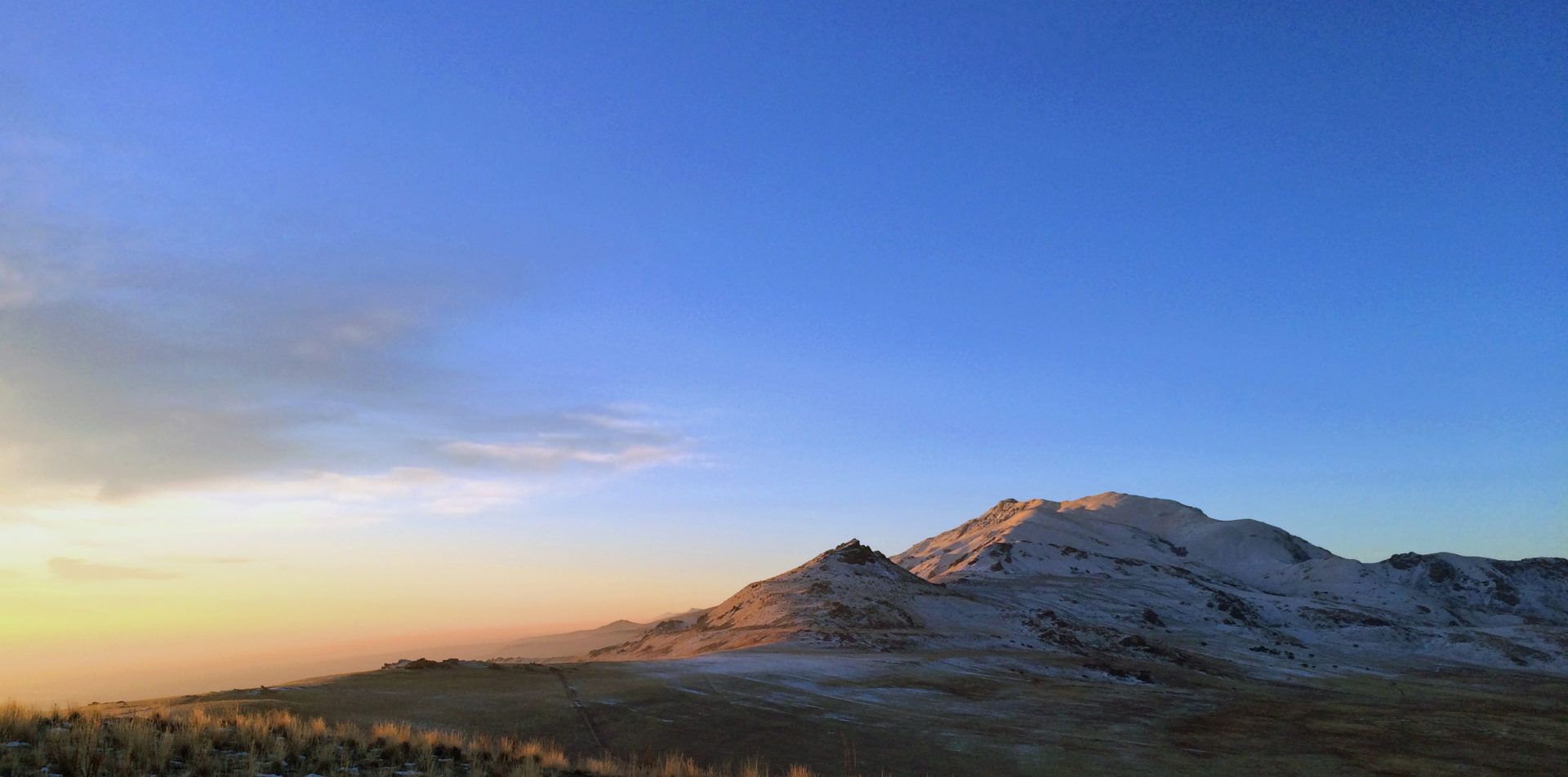As historians, are YOU creating useful primary documents?
I’m trying…
As a historian, one of my favorite types of primary sources to use in my research are journals and diaries (is there a difference?). Official beauracratic records are useful, but often impersonal. Letters and other correspondence sometimes are more intimate, but are often filtered and guarded. Private diaries and journals is where things often get really interesting. A journal is often where historical figures offer their deepest self-reflections.
This means that, as a historian, I should probably be a pretty good journal keeper. Right?
Confession time: I am not.
I’m trying though. I have a mixed record with journal keeping. A few years back while going through stuff at my parents’ house, I found my old diaries from when I was a kid. The first entry was written by a very angry 8 year old me, upset about how my sister was being a jerk. Priceless! There are a few entries through the years, but its pretty spotty. Then, while a missionary in Romania and Moldova from 1999-2001, I kept a daily journal. It filled 4 bound volumes, and they are amongst my most treasured possessions. I became fully converted to journal-keeping during those two years and always tell out-going missionaries to keep a journal. When I came home, I didn’t keep it up though. I got busy with college and life. Feeling guilty, I took up the daily challenge again and successfully kept a daily journal for 2 more years – 2007-2008. Fell off the horse again. Since then, I have done occasional entries and when I go back and read them I just think, “Man…I wish I had more of these.” I have been quite strict about archiving correspondence, emails, blogs, social media activities, photos, etc… So, I do have a pretty good record – but the pen-to-paper stream of conscience of a journal would really help fill in those years I am already forgetting. Memories slipping away. A future historian of my life will call these “the lost years.”
So – where am I today? I’m back on the horse. I ride public transit to and from work every day and have started writing every morning or evening on the bus. I use the mobile version of the OneNote app for note taking at times, and use it to keep my journal now.
It feels good. My historian’s guilt is slowly melting away.
I dread to think of future generations reading it, but I’ll be dead and buried by the time they do – so I’ll keep writing with reckless abandon.
